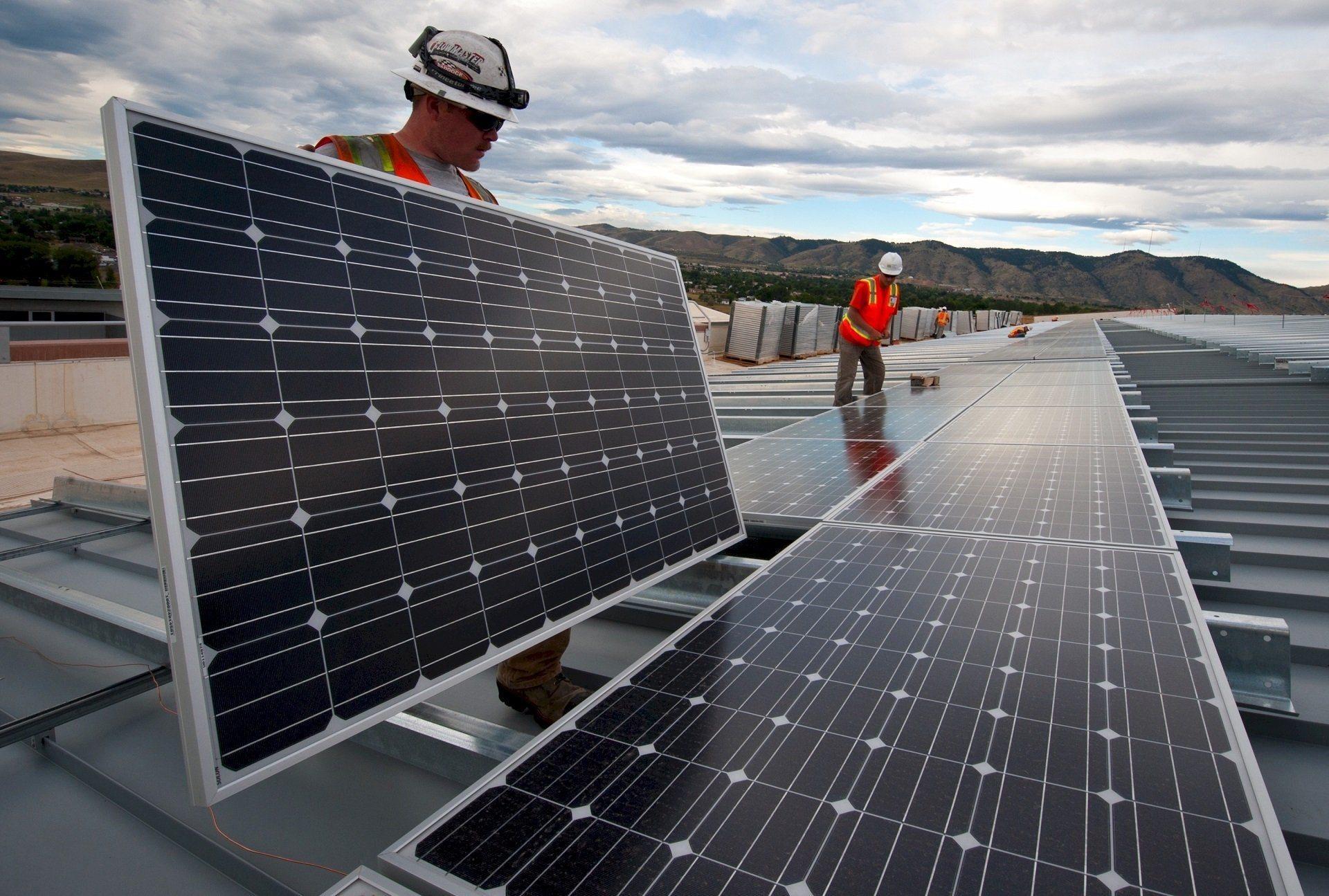On Wednesday 21 August, the Ministry of Defence and the Electricity Authority of Cyprus (EAC) signed an important contract.
It concerns the installation of advanced photovoltaic systems in 54 units of the Ministry of Defence and the National Guard throughout the island.
The project will be implemented over 3 years. Its cost is estimated at 19 million euros. All the funding will come from the EU Structural Funds under the Thalia 2021-2027 programme.
In addition to producing clean energy and making a significant contribution to reducing Cyprus' carbon footprint, the project is expected to reduce the Ministry of Defence's electricity costs. The benefits are estimated to be up to €4 million per year.
The project will start soon and is expected to be completed by the end of 2027,' said Permanent Secretary of the Ministry of Defence, Andreas Louka.
It is worth noting that the Ministry of Defence does not intend to rest on its laurels. It also plans to replace 4.4 thousand incandescent bulbs with LEDs. The costs will be fully covered by the EAC.

As a reminder, under the European RES Transition Programme, Cyprus has committed to:
- Introduce a new indicative target of 49% renewable energy use in buildings by 2030.
- Introduce a new indicative target of a 1.6% annual increase in the use of renewable energy in industry by 2030.
- Increase the mandatory target for the use of non-biological renewable fuels (such as green hydrogen) to 42% by 2030.
Note that the main alternative energy source for Cyprus is considered to be solar. Wind power is also used on the island, but is not as popular. There are wind farms in some areas where the average wind intensity is sufficient for such projects. The use of geothermal energy in Cyprus has recently increased. Geothermal technology has already been implemented in some hospitals, hotels, commercial buildings and private homes in Cyprus.
To meet its targets, the Cypriot Ministry of Energy has had to accelerate the implementation of its Green Economy Strategy from 2021 onwards.
The urgent need to support consumers and businesses in the face of rising electricity and energy prices played an important role in this process. To implement the national plan, the authority has attracted investments totalling €370 million.
